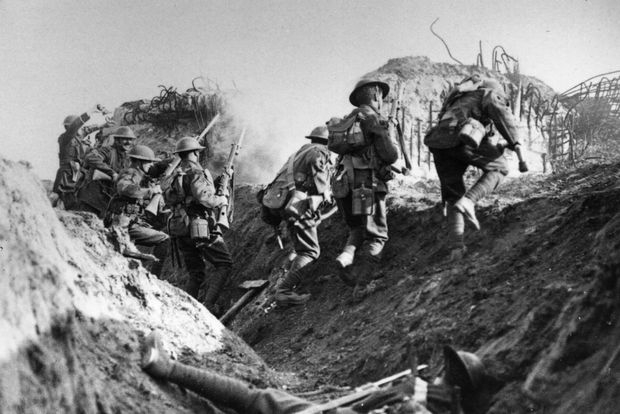From ‘Government by Newspaper’, The Spectator, 29 May 1915:
WE went to press last week too early to comment upon the outrageous attack made by the Daily Mail upon Lord Kitchener. In condemning Lord Northcliffe for his action in this matter we find it difficult to show that restraint and moderation of language which the gravity of the situation demands. Though, in our opinion, the importance of the whole incident and the power of Lord Northcliffe to injure the Secretary for War or anybody else have been very much exaggerated, the attack deserves, and must receive, the severest reprobation. But while the Daily Mail thoroughly deserves all that has been said about its leading articles, there is real danger lest the national energy and national concentration required to array the nation for war and make good our shortage of ammunition should be wasted in the punishment of a peccant newspaper. The need of the hour is shells, not scapegoats.
If the country is wise it will make the chief lesson of the past week a determination not to be governed by newspapers. Though we are newspaper people, and not only intensely proud of our profession, but also clearly of opinion that an honest, a self-respecting, and a responsible publicity plays, and must play, a great part in the world, we have no doubt whatever that when newspapers attempt to usurp the function of government their claim must be sternly denied. Their function is to criticize, not to rule.
Though we have condemned, and shall continue to condemn, Lord Northcliffe for his attack on Lord Kitchener, we cannot in justice refrain from pointing out that our leading statesmen and our chief rulers are themselves largely to blame for Lord Northcliffe’s attempt to usurp power—an attempt foiled not by the Government but by the good sense of the nation. During the past two or three years there has been far too much abuse of Lord Northcliffe behind his back and of kow-towing to him before his face. The men who have abused him in secret have too often done their best to curry favour with him and his newspapers. Let us trust that a position so unsound has now been brought to an end, and that in future we shall get a whole- comer attitude from public men towards the Press.






Comments